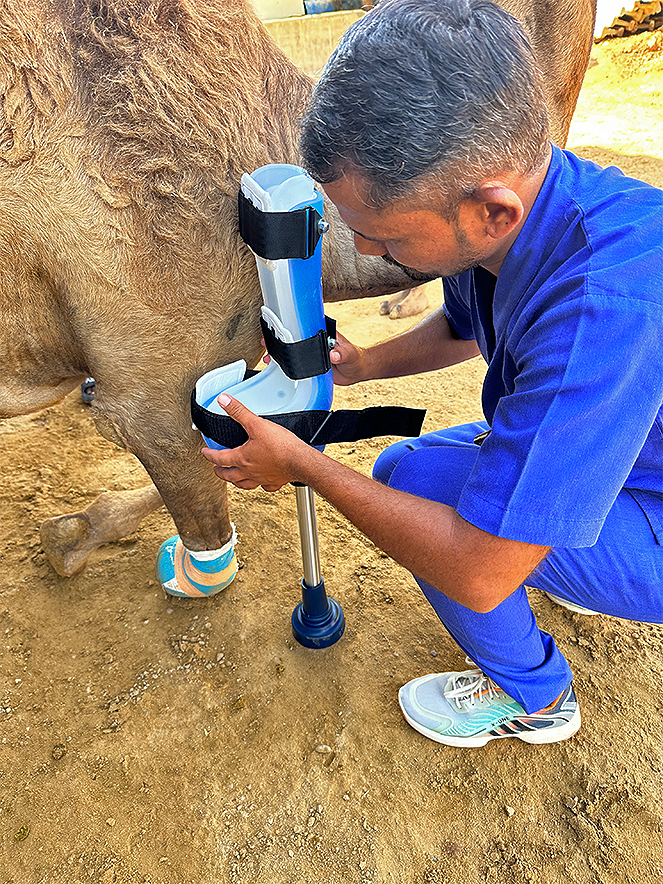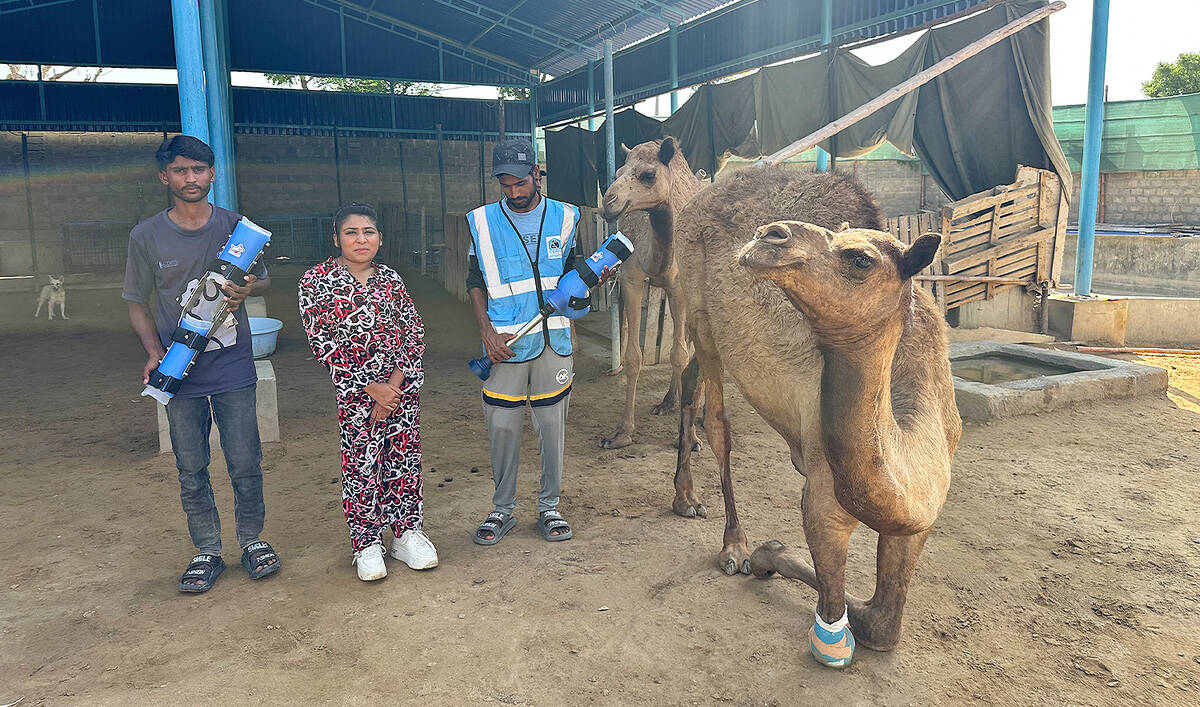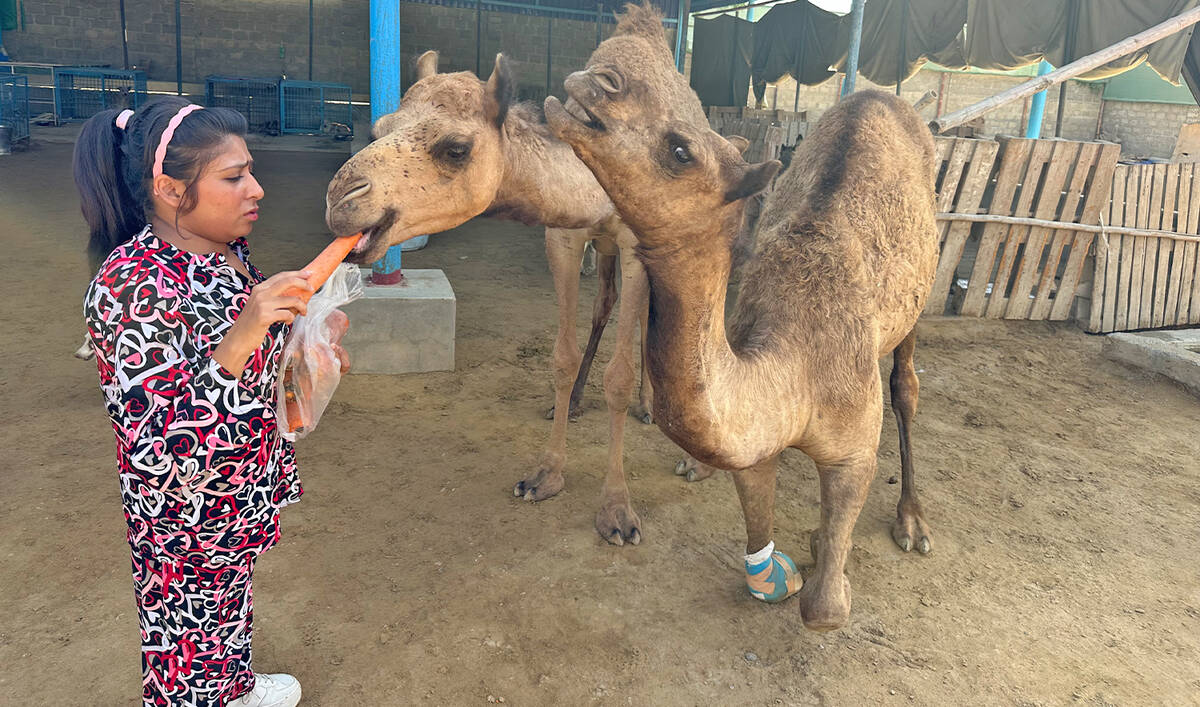DUBAI: By the standards of many recent conflicts, the Kosovo war in 1998 and 1999 was brief. It began with an armed uprising by the Kosovo Liberation Army against Serbian rule over the Kosovo region of rump Yugoslavia.
President Slobodan Milosevic’s regime in Belgrade responded with overbearing force, spawning a massive refugee crisis and raising the specter of a Bosnia-like slaughter of Kosovar Muslims.
NATO intervened with a prolonged campaign of bombing, leading to a peace accord and an end to the fighting. In February 2008, Kosovo declared its independence from Serbia amid unprecedented scenes of joy and jubilation.
The US and several EU member countries recognized Kosovo as an independent state, but Serbia, backed by Russia, did not. Since then Kosovo, a parliamentary democracy with a lower-middle-income economy, has been in a kind of limbo.
As someone who grew up a child of the Bosnian war in Sarajevo in the 1990s, the events in nearby Kosovo are etched forever in my mind. I am all too aware of the ancient hatreds that lay beneath the events there. Historically, Kosovo lay at the heart of the Serbian empire, having been the site of the coronations of a number of Serbian kings during the Middle Ages.
How we wrote it

Arab News’ front page covered escalating Serbian assaults on Albanian villages in Kosovo.
Despite gaining a measure of autonomy under the former Yugoslavia in 1974, the mainly Muslim ethnic Albanian population of the province chafed at the continued dominance of ethnic Serbs. In the late 1980s, the leader of the Kosovars, Ibrahim Rugova, initiated a policy of non-violent resistance to the abrogation of the province’s constitutional autonomy by Milosevic.
The president and members of Kosovo’s Serbian minority had long fretted about the fact that ethnic Albanians were in demographic and political control of a region that held deep significance to Orthodox Christian Serbs. During the 1992-1995 war in Bosnia, and even after the break-up of Yugoslavia, Kosovars began to be viewed with growing suspicion by Serb nationalists.
Popular support, meanwhile, swung in favor of ethnic Albanian radicals who were convinced their demands for autonomy could not be secured through Rugova’s peaceful methods. In 1996, the Kosovo Liberation Army emerged, carrying out sporadic attacks against Serbian police and politicians in a campaign that grew in intensity over the following two years.
The heavy-handed response of the Serbian police, paramilitary groups and army triggered a massive refugee crisis that drew the attention of the international media and community. An informal coalition made up of the US, the UK, Germany, France, Italy and Russia, known as the Contact Group, demanded an immediate ceasefire, among other things.
Key Dates
-
1
Kosovo conflict begins with armed uprising by the Kosovo Liberation Army.

-
2
NATO launches campaign of airstrikes against Serbia.

-
3
NATO airstrikes end 11 weeks after they began.

-
4
Yugoslavia ceases to exist, renamed State Union of Serbia and Montenegro. Montenegro declares independence on May 21, 2006.

-
5
First direct talks since 1999 between ethnic Serbian and Kosovar leaders on future status of UN-run Kosovo take place in Vienna.
-
6
Kosovo unilaterally declares independence from Serbia, a move still contested by some to this day.

The UN Security Council condemned what it described as an excessive use of force by Serbia and imposed an arms embargo but this failed to halt the violence. On March 24, 1999, NATO began a campaign of airstrikes targeting Serbian military targets. In response, Serbian forces drove hundreds of thousands of Kosovars into Albania, Macedonia (now North Macedonia) and Montenegro.
Though the wartime suffering of the Kosovars elicited sympathy and support from the Islamic world, some leaders criticized NATO for sidestepping the UN and labeled its military campaign a “humanitarian war.”
The legitimacy of organization’s unilateral decision to launch airstrikes was questionable under international law. However, the UN secretary-general at the time, Kofi Annan, supported the intervention on principle, saying: “There are times when the use of force may be legitimate in the pursuit of peace.”
Arab countries such as Libya and Iraq, which had close relations with Yugoslavia, predictably insisted on a political solution. The Gulf states, led by Saudi Arabia, maintained a focus on the provision of humanitarian assistance and efforts to find a peaceful resolution to the conflict.
Saudi Arabia was the first country to respond with aid, dispatching two relief flights that delivered more than 120 tonnes of aid, including tents, dates, blankets and carpets, according to official statements at the time. A Saudi C-130 Hercules relief plane carrying aid flew daily from Jeddah or Riyadh to Albania’s capital, Tirana, where Saudi Embassy and air force personnel handled the cargo.

Hundreds of displaced Kosovars queue up at Cegrane refugee camp in Macedonia to get supplies after their arrival. AFP
The Kingdom also provided a field hospital in Tirana, which opened on May 24, 1999, and 10 other health centers across Albania and Macedonia. A Saudi telethon appeal on April 16 raised almost $19 million. The Islamic Relief Organization in Jeddah, which helped organize it, said it sent $12 million in humanitarian aid.
A separate Kuwaiti TV fundraising initiative raised $7 million in one day, with the emir, Sheikh Jaber Al-Ahmed Al-Sabah, personally donating $1 million.
Organizations from the UAE set up one of the largest relief camps in Kukes, near the Albanian border, which provided about 10,000 Kosovar refugees with food and access to basic amenities, including a fully equipped field hospital. The Red Crescent set up refugee camps in Macedonia and Albania.
The NATO bombing campaign lasted 11 weeks and eventually expanded to Belgrade, causing heavy damage to the city’s infrastructure and the inadvertent deaths of many civilians. In June 1999, the Yugoslav government accepted a peace proposal mediated by Russia and Finland.
NATO and Yugoslavia signed a peace accord outlining plans for the withdrawal of troops and the return of nearly 1 million refugees and 500,000 internally displaced Kosovars. Most ethnic Serbs left the region.
NATO’s humanitarian military intervention saved the lives of thousands of innocent Kosovars.
- Emina Osmandzikovic, is a former contributor on refugee issues for Arab News. She grew up in Sarajevo in the 1990s during the Bosnian war.















































































